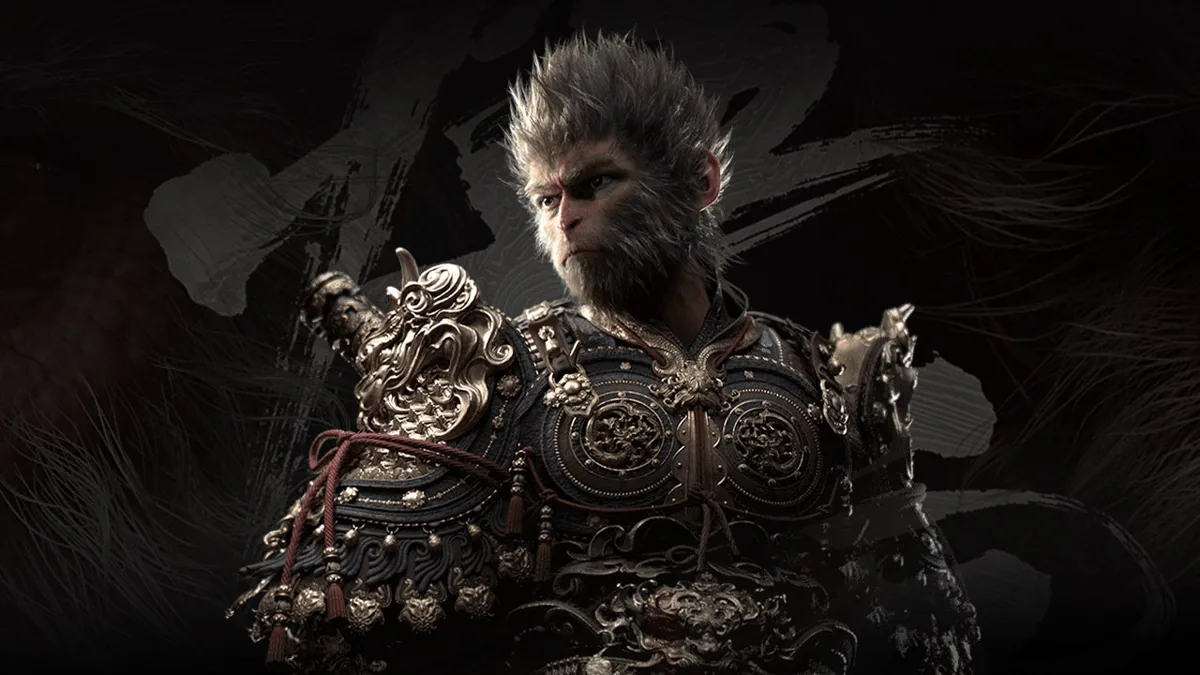According to “Xiaoting Xulu,” Emperor Qianlong of the Qing dynasty ordered Zhang Wenmin to produce a performance, “The Peaceful Raft of Ascension,” depicting the Journey to the West. The script, written by Zhang, was crafted to uphold the idea of “domestic peace,” using the play to reinforce the Qing dynasty’s rule. After Wukong’s defeat by Buddha, the creators added a celebratory scene titled “Taming the Greedy Tiger and Bringing Peace to Heaven.” Wukong, referred to as “the Greedy Tiger,” was portrayed as the disruptive force and enemy of the Qing’s order. The theme of “suppressing the rebellious” ran throughout.
Sounds familiar to Western media tropes regarding revolutionary villains.



I think more that they focused more on a rather nihilistic apolitical story
deleted by creator
deleted by creator